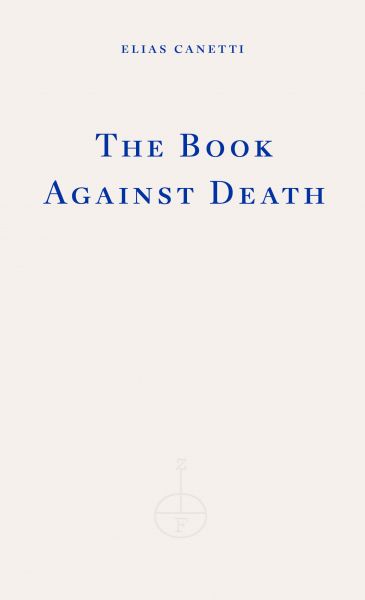The Book Against Death
In 1937, Elias Canetti began collecting notes for the project that 'by definition, he could never live to complete', as translator Peter Filkins writes in his afterword. The Book Against Death is the work of a lifetime: a collection of Canetti's aphorisms, diatribes, musings and commentaries on and against death – published in English for the first time since his death in 1994 – interspersed with material from philosophers and writers including Goethe, Walter Benjamin and Robert Walser. This major work by the 1981 Nobel Prize in Literature laureate is a disarming and often darkly comic reckoning with the inevitability of death and with its politicization, evoking despair at the loss of loved ones and the impossibility of facing one's own death, while fiercely protesting the mass deaths incurred during war and the willingness of the despot to wield death as power. Infused with fervour and vitality, The Book Against Death ultimately forms a moving affirmation of the value of life itself.
Elias Canetti was born in 1905 into a Sephardi Jewish family in Ruse, Bulgaria. He moved to Vienna in 1924, where he became involved in literary circles while studying for a degree in chemistry. He remained in Vienna until the Anschluss, when he emigrated to England and later to Switzerland, where he died in 1994. In 1981, Canetti was awarded the Nobel Prize in Literature for 'writings marked by a broad outlook, a wealth of ideas, and artistic power.' His best-known works include his trilogy of memoirs The Tongue Set Free, The Torch in My Ear, and The Play of the Eyes; the novel Auto-da-Fé; and the nonfiction book Crowds and Power.
Versandkostenfreie Lieferung! (eBook-Download)
Als Sofort-Download verfügbar
- Artikel-Nr.: SW9781804270905110164
- Artikelnummer SW9781804270905110164
-
Autor
Elias Canetti
- Mit Peter Filkins, Joshua Cohen
- Wasserzeichen ja
- Verlag Fitzcarraldo Editions
- Seitenzahl 352
- Veröffentlichung 06.06.2024
- ISBN 9781804270905
- Mit Peter Filkins, Joshua Cohen

